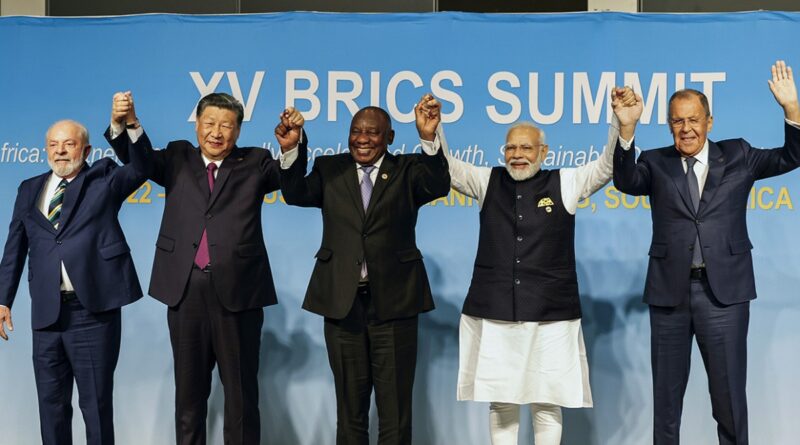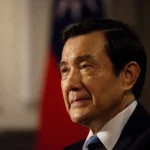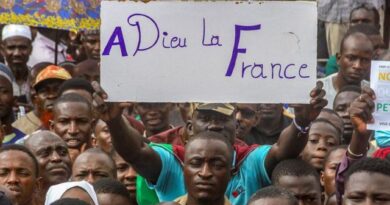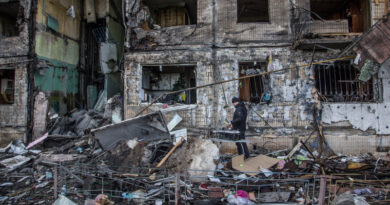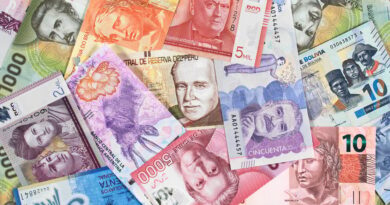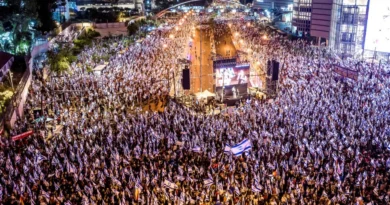BRICS to more
XULIO RIOS
If the summit that the BRICS have held in Johannesburg has revealed anything, it is the firm will to reactivate their association with two main parameters of action. First, development issues will continue to be high on its agenda; secondly, issues related to peace and security will gain relevance in their positions. The common denominator is the implementation of a roadmap in which both issues are inextricably linked.
The catalyst for the momentum is the important admission of six countries: Argentina, Egypt, Ethiopia, Iran, Saudi Arabia and the United Arab Emirates, which were invited to become new BRICS members. After enlargement, the BRICS will account for 37% of world GDP yel 46% of the planet's population.
In the fifteen years that have elapsed since their establishment, the BRICS have transmitted the sensation of harboring an important potential to transform the current international order marked by its liberal hegemonic imprint. The contradictions and asymmetries between the partners, as well as the nuances in the visions on key issues, have conditioned the capacities to increase their factual political role in determining the emerging world order. This despite the unanimous consensus when it comes to promoting a multipolar order and pointing out multilateralism as the ideal instrument to affirm a leadership of the Global South that provides concrete results.
The growing value of emerging and developing economies provides not inconsiderable material support for their voice to be more present in the international arena. On the other hand, the alternative discourse has been refined, reinforcing itself with a constituent praxis that offers capable mechanisms to reconfigure the world order, expand the influence of the group and reform the mechanisms of global governance.
Institutional advances in the use of local currencies in commercial exchanges, even though they are far from that common currency that seems difficult to materialize for the moment, if implemented generously, they can erode the role of the dollar. The de-dollarization that some project can be accelerated, as long as that payment system within the BRICS that has been talked about for some time is arbitrated. Similarly, the empowerment of the New Development Bank (NDB) opens up solid prospects, so much so that they have already provoked an expeditious reaction from the US. The White House has announced its intention to strengthen the financing capacities of the IMF and the World Bank, promoting the modernization of the multilateral development banks, denying that they are "Western institutions", but rather options with high standards and, therefore, more recommendable than others. characterized by their opacity and restriction, in an already habitual "non-reference" to China. It is clear, in any case, that the NDB must assume a more relevant role if it wants to establish itself as an effective option to repair the perceived neglect in the commitment of the most developed economies.
Institutional strengthening and improvement of technical capacities must be the correlative of the political will expressed by the BRICS at this summit. The members, the founders and the new partners, must deepen their consensus, iron out rough edges, resolve misunderstandings and, above all, advance in the verification of the decisions adopted. In this course, avoiding the sinicization of the group, promoting its diversity and plurality and, at the same time, gaining coherence in the vision offered, can help to dispel suspicions and avoid frustrations.
The BRICS need ambition to establish themselves in this new model of international relations that provides balance, stability, development and improvement of global governance. It will not be easy, but what has been achieved so far invites moderate optimism that could be strengthened to the extent that practical steps accompany formal policy decisions.

